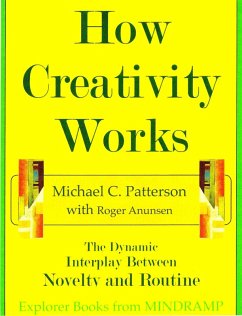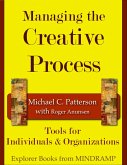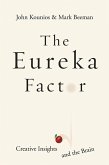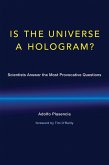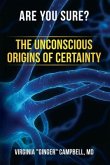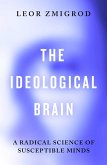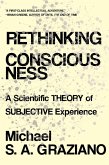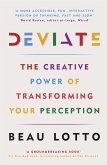Creativity is critical to us all. But, there's a problem. Creativity is a mysterious entity. We don't really understand how it works. What is creativity, anyway? Just what do we mean by creativity? Is it being artistic? Yes. But non-artists can be creative as well. Scientists are creative. Inventors are creative. Business people are creative. Cooks and carpenters are creative.
It is our firm belief that creativity is a thinking skill, like any other, that can be learned and improved. The goal of this book, and of the entire "Exploring Human Creativity" series of books, is to take a fresh look at creativity. We review much of the past and current research on creativity, but caution that much of the research misses the mark, defining creativity too narrowly. We argue that creative thinking requires the brain to generate new ideas and to reconcile them with stable habits and routines. Creativity is a dynamic interplay between stability and change. The better we understand how this dynamic works, the easier it will be to improve creative performance and productivity. Ultimately, our goal is to provide practical advice on how to improve creative thinking and productivity. Subsequent books in this series will focus on the various stages of the creative process and on creative talent, what it is and how to nurture it.
Dieser Download kann aus rechtlichen Gründen nur mit Rechnungsadresse in A, B, CY, CZ, D, DK, EW, E, FIN, F, GR, H, IRL, I, LT, L, LR, M, NL, PL, P, R, S, SLO, SK ausgeliefert werden.

